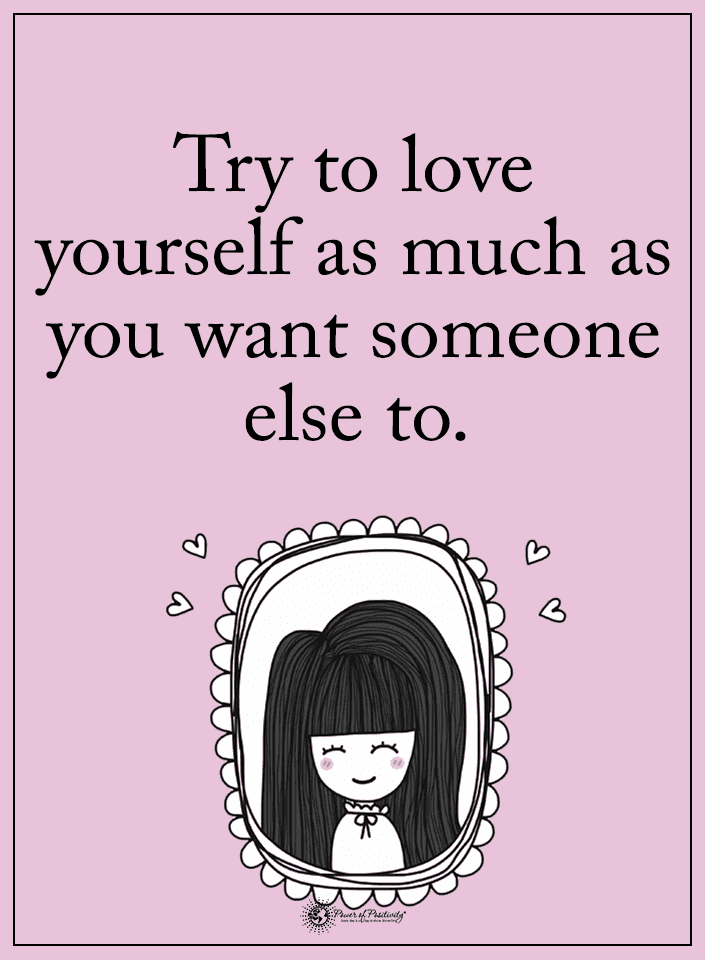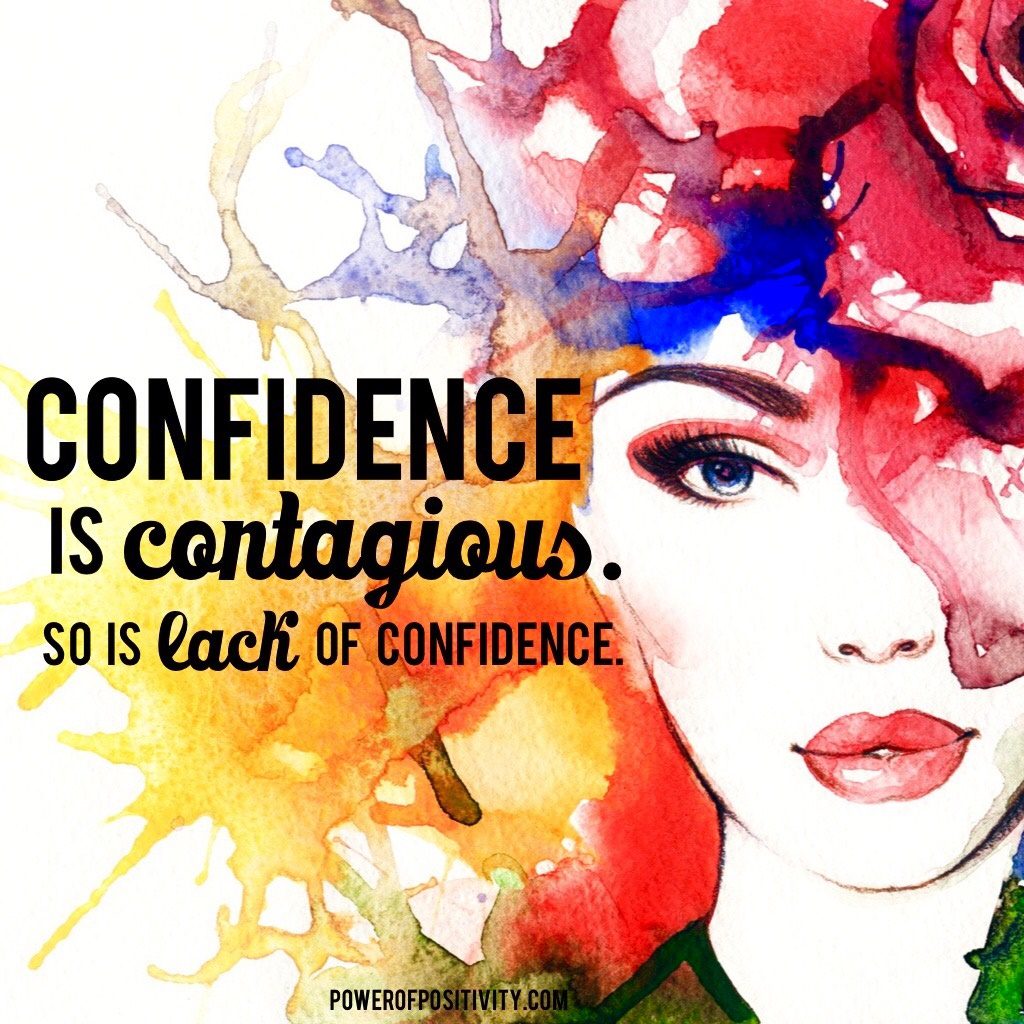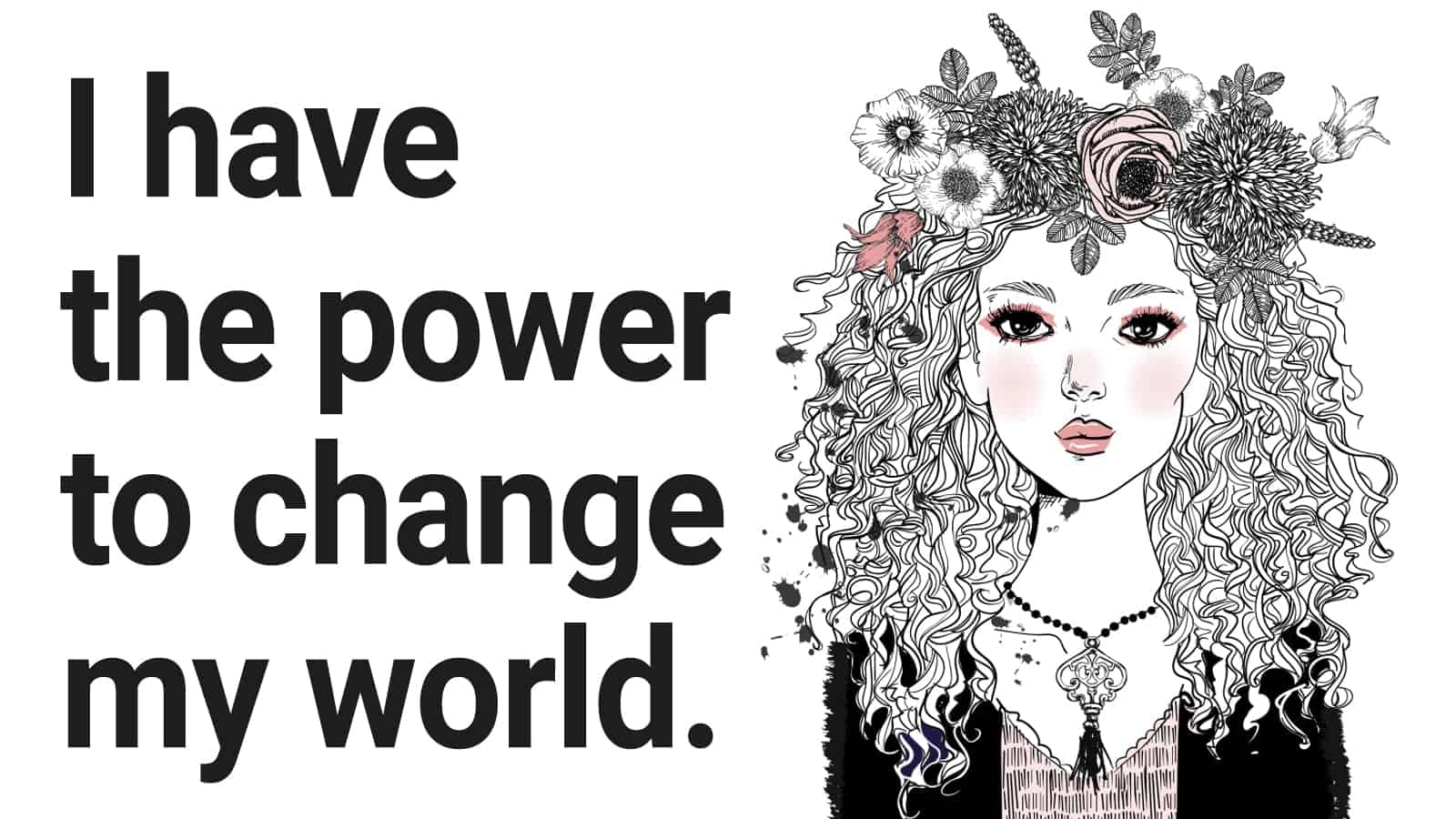No relationships can truly thrive with a steady stream of negativity flowing into it; it takes dedication, self-awareness, and compassion to keep it afloat. Negativity can creep in virtually unnoticed sometimes, and you may not realize the damaging effects until something drastic happens.
To keep the toxicity from infiltrating your relationships, make sure to avoid these common behaviors and habits that can really undermine relationships.
10 Ways to Keep Negativity Out of Your Relationships
1. Have open lines of communication.
Healthy relationships require honest, uninhibited communication; no relationship can last very long if the people in it keep secrets and close themselves off from having real conversations. Relationships can quickly take a turn for the worse if people start distancing themselves and don’t admit when the other person did or said something to upset them. However, you can still react rationally when confronting someone and have a mature conversation that doesn’t end in name-calling and yelling at one another.
Just remember that a healthy relationship is built on trust and effective communication, so strive to cultivate these in all of your close relationships if you want to avoid negativity.
2. Don’t pick apart the other person’s flaws.
A surefire way to start arguments and ruin a relationship is to nitpick someone’s imperfections and throw them in their face. Remember that every person will have characteristics that get under your skin, but these traits don’t form the totality of who they are. Also, keep in mind that you probably have qualities that annoy other people, but your close friends and family probably don’t make it a point to criticize you for them. They just accept you as you are, flaws and all.
If you truly don’t enjoy someone’s company, you can let the relationship go without cutting the other person down – just come clean to them and say tactfully that you think it would benefit both of you to go your separate ways.
3. Appreciate one another.
Whether it’s your coworker, spouse, friend, mom, or grandfather, let the person know you value them from time to time. Everyone needs to feel appreciated in life, because then they feel as though they have made a difference in the world. If you acknowledge someone’s positive attributes and praise them, it will encourage them to treat you in the same manner.
Positive relationships need love, attention, and a mutual respect for both people. Next time you see your friend, coworker, spouse, etc, let them know why you appreciate them and how much you truly cherish them.
4. Don’t hold onto relationship grudges.
Everyone makes mistakes, but that doesn’t mean they deserve to have them held over their head for their entire lives. Accept that humans make errors from time to time, and forgive the person for the mishap. Of course, if they tried to hurt you on purpose, you may need to address that a bit differently, but most people don’t go out of their way to cause another person distress. It was probably just an honest mistake, and no one on Earth can possibly go their whole life without slipping up at some point.
Remember that you, too, have made mistakes in the past, and you wouldn’t want others to constantly remind you of your flaws, either.
6. Leave jealousy at the door.
Everyone takes a different path in life, and others may seem to have more or accomplish more than you do. This doesn’t mean you should compare yourself to them and feel inferior just because they have achieved something you haven’t. What about that marathon you finished that your friend didn’t? What about the vacation you took a couple of years ago that your coworkers told you they dreamed of taking?
Don’t let jealousy get a chokehold on you, because it will rob you of happiness and distort your judgment. Keep in mind all of your wonderful experiences and accomplishments that others may not have under their belt – it will help keep things in perspective and make you happy for others rather than envious.
6. Don’t fall into the bad habit of complaining.
Most people use their time together as an excuse to pour all of their complaints about life onto one another, and vent their frustrations. This only leaves both people feeling drained and uninspired after the interaction, and opens the door for more negativity in the future. Instead of discussing problems, talk about solutions.
Remind each other about the beautiful things in life, and lift one another up. Good relationships become great ones when they make both people better instead of bitter.
7. Don’t compare your relationship to others.
Every relationship is unique and special; your relationship with your friend will look different than someone else’s relationship, so appreciate it for what it is. You will never have positive relationships if you always wish for something you don’t have instead of honoring the beautiful relationships you already have.
8. Don’t try to change people.
Love everyone for whoever they are at this moment rather than coercing them into changing for your own benefit. People will only change if they want to, so just focus on what you love about them instead of bashing them for their flaws. You could politely point out a way for them to improve if they confide in you about wanting to change, but don’t take it upon yourself to insist that they do so.
9. Bring kindness to the relationship.
If you show compassion for the other person, they will feel more inclined to express care and love for you. Be more of what you want to see in the world, and your relationships will flourish because you will naturally attract people with the same energy as you.
10. Laugh more.
It’s difficult to be negative if you have something to laugh about, so tell jokes or go on a fun outing with family, friends, coworkers, or your lover. Don’t let the seriousness of life get in the way of your inner child coming out to play; not only will you feel more light-hearted and free, but laughter also brings people closer together and diffuses tension.









